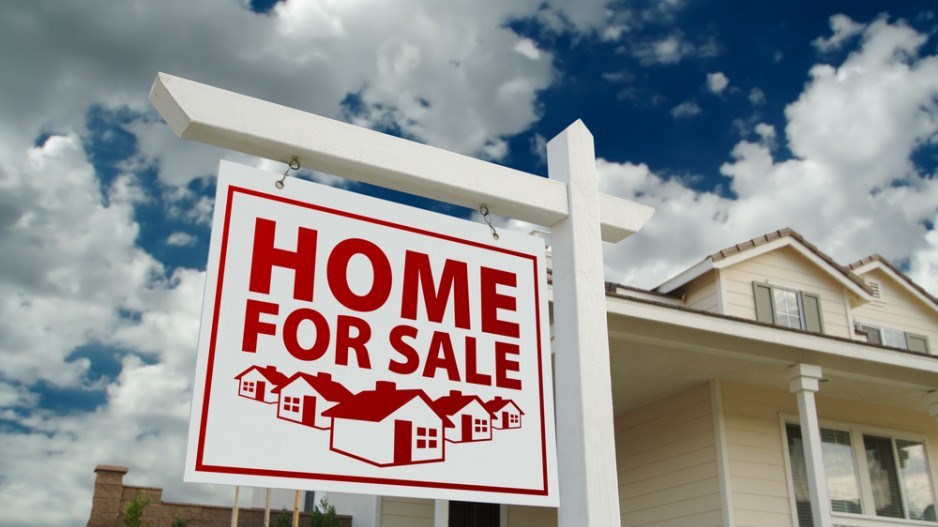By Peter Ladner
Creating the world’s greenest and most livable city but having soaring housing ownership costs skews this city to wealthy investors and retired homeowners and guts the city of its vibrancy. Livability becomes a hoax, notwithstanding stagnant condo prices in Langley.
Fighting back, the B.C. government is finally reviewing the outdated property transfer tax (PTT), suggesting slight changes that will favour first-time and low-end buyers, while still maintaining its windfall (a record $1.1 billion this year) for the provincial treasury.
The BC Real Estate Association (BCREA), to its credit, is leading the long campaign to adjust the tax, which is still based on 1987-level prices. In those days, 95% of Vancouver-area homes cost less than $200,000, the cutoff for the 1% PTT rate. Today, virtually all homes in Metro Vancouver sell for more than $200,000, where the bite out of the seller moves up to 2%.
That has pumped up today’s PTT take on an average ($700,500) Metro Vancouver home sale to $12,010, a whopping 770% increase from 1987. On a median detached west-side house the PTT take today is around $56,000, more than 23 times what it was in 1987.
For some reason, the B.C. government can’t fathom creating a premium tax rate for foreign buyers, as is done in cities like Singapore, Hong Kong and London. Discriminating in favour of residents acknowledges the importance of affordable housing as a foundation of a healthy community, rather than as a pure investment vehicle. The premier fears that this would send a negative signal to foreign investors of all stripes in all industries, a stretch I don’t understand. If offshore buyers are choosing to park money by pushing locals out of the real estate market, why can’t we raise the price of parking?
The federal Liberals are vague to the point of vapour on this, saying they will merely “review escalating home prices … and consider all policy tools that could keep home ownership within reach for more Canadians.”
Maybe the Asia Pacific Foundation’s recently announced review of restrictions on foreign investment in residential property will uncover the long-sought data on the true extent of this investment.
But there’s one more driver of Metro real estate prices that is almost never mentioned: real estate agents’ fees that rise with the price of a property. The realtors’ fees on an average Metro Vancouver home transaction today are $22,000, up 176% from $7,955 in 1987, the year the PTT was introduced. On an average $2.9 million detached home on Vancouver’s west side it’s up to $79,500, compared with $9,900 for a comparable home in 1987. Has the job become that much more difficult? No; thanks to the Internet, it’s become vastly easier.
Realtors can hardly be blamed for keeping quiet about this. The fee rate isn’t even listed in BCREA’s website.
“The commission rate is neither fixed by law nor by any real estate board; it is negotiable between you and the licensee you engage to help you,” says the website, even though it’s widely quoted everywhere else as 7% on the first $100,000 and 2.5% on the rest.
Unlike municipalities, which lower their tax rates when assessments soar, assumed real estate commissions don’t budge.
For some reason, perhaps because of the massive advertising budgets of the few realtors who do most of the deals, or the emotion, potential legal complications and uncertainties facing inexperienced sellers, or realtors’ dogged protection of their sweet rates, fewer than 10% of buyers go for the 1% commission realtors and other competitors. Yet they offer virtually the same services at a much lower cost. Customers have only themselves to blame for paying an extra $10,000 in realtors fees on a $600,000 sale.
But it does seem a bit precious for the campaigners for a lower PTT to be clinging to a rate structure that is equally out of date and contributing even more to the unaffordability of real estate than the PTT.
Peter Ladner ([email protected]) is a co-founder of Business in Vancouver. He is a former Vancouver city councillor and former fellow at the SFU Centre for Dialogue. He is the author of The Urban Food Revolution.




